But what about Jimmy Love, Suter's partner who came with him from Partick to Darwen? Love is a crucial figure in football history, yet so little is known about him that he doesn't even have a Wikipedia page.
This is the sad story of Jimmy Love's short and memorable life.
Jimmy Love never won any medals during his lifetime, but he did earn many plaudits for his achievements as a footballer. Just a few years earlier he was Darwen's top scorer in their epic FA Cup run that pitched them against the mighty Old Etonians.
He was born in 1858 on the south side of Glasgow to James and Janet Love. His mother died when he was five, and his father remarried soon after. The family moved to Greenock, where his father was a coal merchant and general contractor, then about 1876 they settled in Partick, a Glasgow suburb.
Jimmy set up his own business in Partick as a street cleaning contractor, and at the same time started playing in the forward line of the local football team. However, his business was not a success and in 1878 he found himself in deep financial trouble. One of his creditors petitioned for sequestration of his assets, a forced sale of his equipment was ordered, and on 28 October he was summoned to the Sheriff Court to face bankruptcy procedures. However, he didn't turn up and the proceedings were adjourned for a month. When he failed again to appear on 21 November, Sheriff Walter Spens issued a warrant for his arrest.
Going straight into the Darwen team in October 1878, he formed a right wing partnership with Tommy Marshall and soon there was a steady diet of goals, cup ties and an admiring public. He scored twice against Eagley in the FA Cup second round, by which time Fergie Suter had also arrived in town, got two more in the third round victory over Remnants at the Oval, and was in top form when Darwen faced Old Etonians in the famous 5-5 draw on 13 February 1879. With Darwen 5-1 down at half-time, the comeback was well and truly kick-started by Jimmy Love, who scored twice in the second half.
He was an integral part of the team, but it was not to last. Early the next season he played three times for Darwen, but after the defeat of Haslingden in the Lancashire Cup on 25 October, he disappeared from the team.
He cropped up once the following month in a friendly for local rivals Blackburn Rovers, when 'Jimmy Love of the Darwen club assisted Rovers on the right wing'. Then nothing more until what appears to be his last football match, on 10 January 1880 for village side Haslingden.
What went wrong in Darwen may never be known, although perhaps his past was catching up with him. He had an income from the football club, which even played a benefit match for Love and Suter in April 1879, and he may also have done some odd jobs, but without those he was lost. Unlike the man portrayed in the Netflix series, he was not married. What is more, he could not go home because of the arrest warrant hanging over him.
He took perhaps the only escape open to a fit young man: he joined the army. To be precise, he signed up with the Royal Marines in Liverpool on 24 February 1880 and I found his attestation papers at the National Archives.
By the 1881 census he is at Chatham Barracks, having been promoted to Corporal. Then in the summer of 1882 the Marines were called into action and embarked for Egypt, where the British were putting down a nationalist uprising. Ahmed Urabi's forces had occupied Alexandria but after a defiant stand-off they were forced out by a two-day naval bombardment of the city. Love would have taken part in the subsequent occupation of Alexandria by the Royal Marines, and perhaps some of the fighting thereafter.
Outside his family, his death was barely noticed. There were no obituaries, no tributes in the sporting press, and I've been unable to track down even a photo of him despite contacting several branches of his family.
Thanks to The English Game, the legacy of Jimmy Love can now be truly appreciated. He was a football pioneer, and although Fergie Suter is often described as the 'first professional', we should acknowledge that Jimmy was there first.
Born 17 March 1858 at Gushetfaulds Cottage, Glasgow.
Died 27 September 1882 at Ismailia, Egypt.
To read more about the connections between Partick and Darwen, read my earlier blog, From Partick with Love.
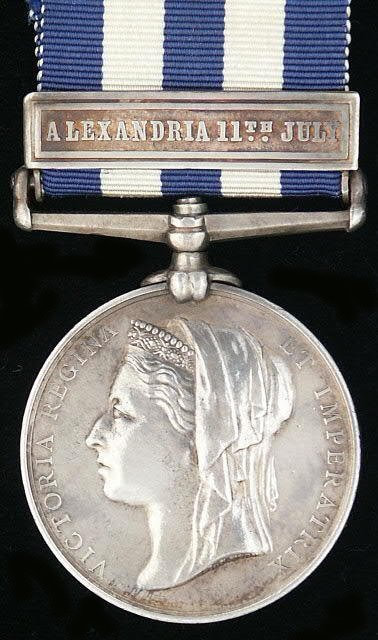

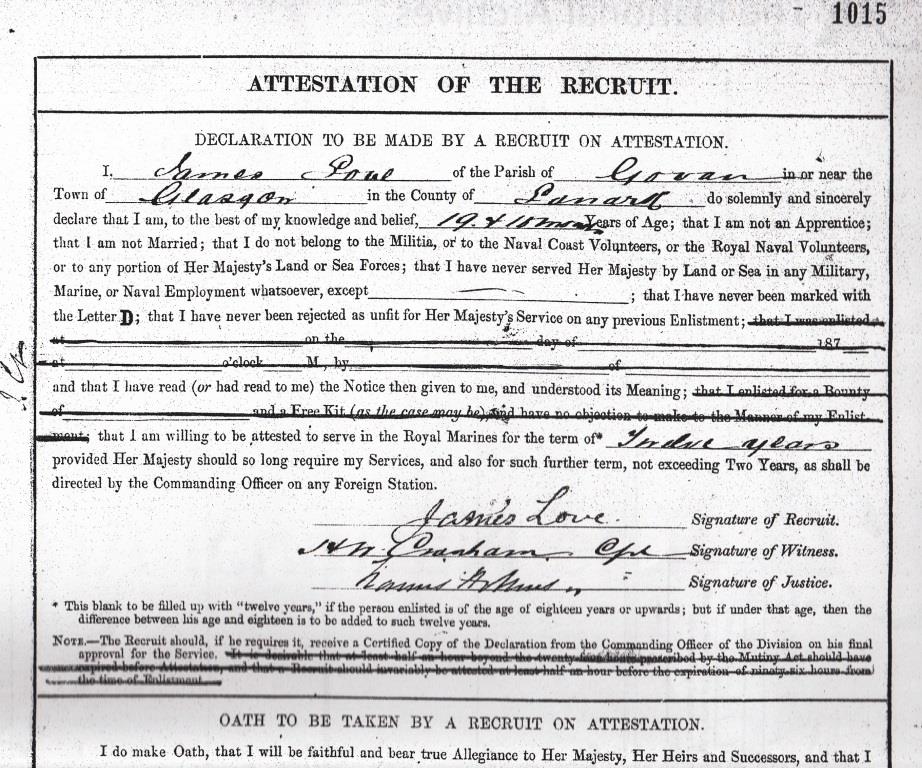
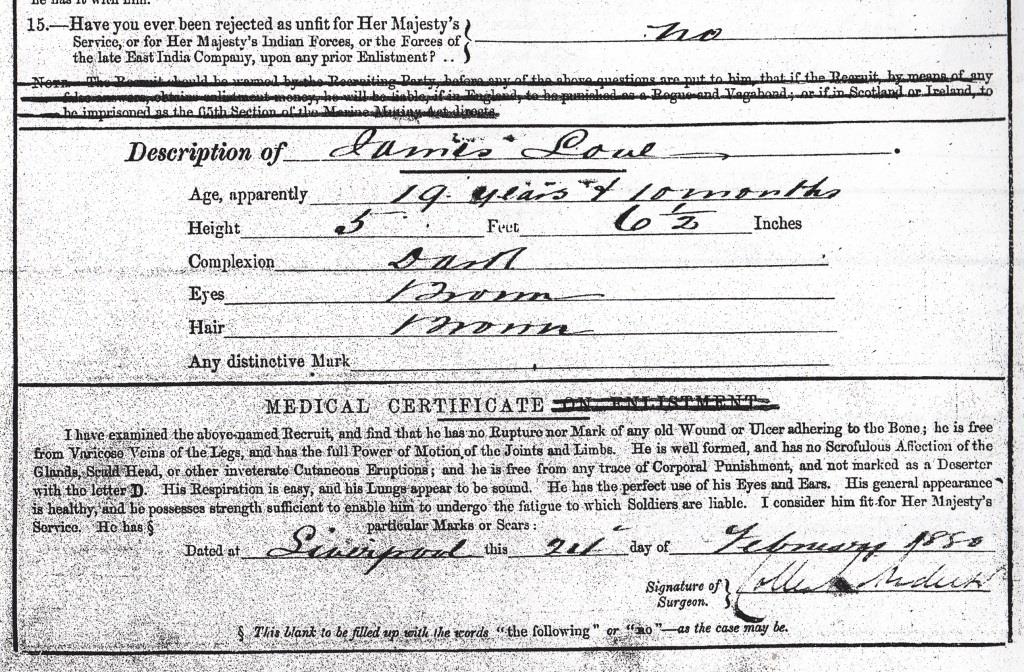
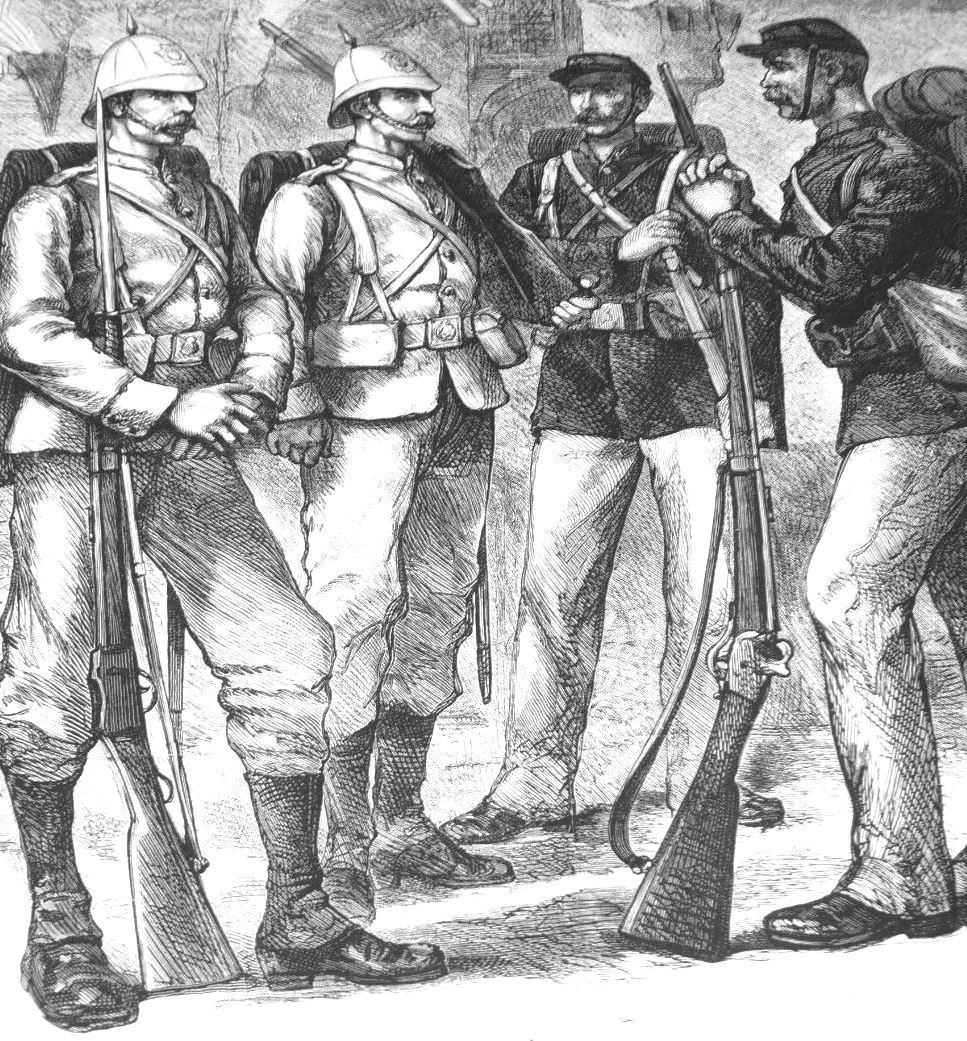
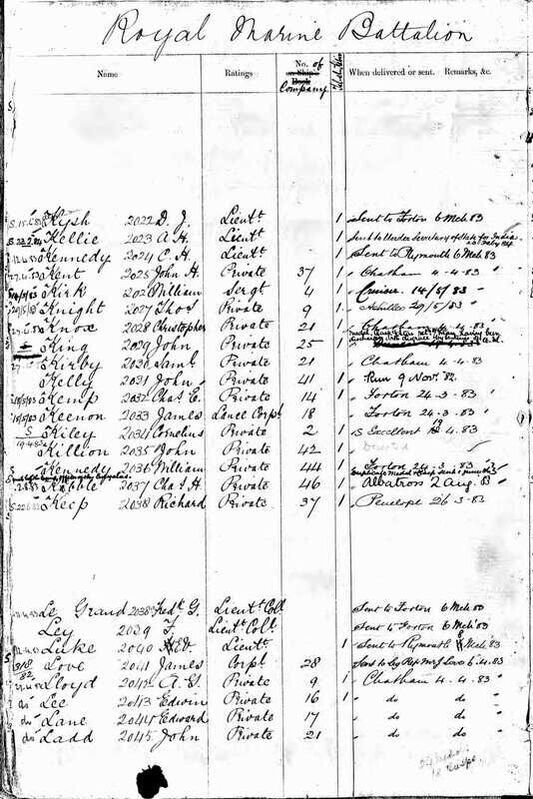
 RSS Feed
RSS Feed